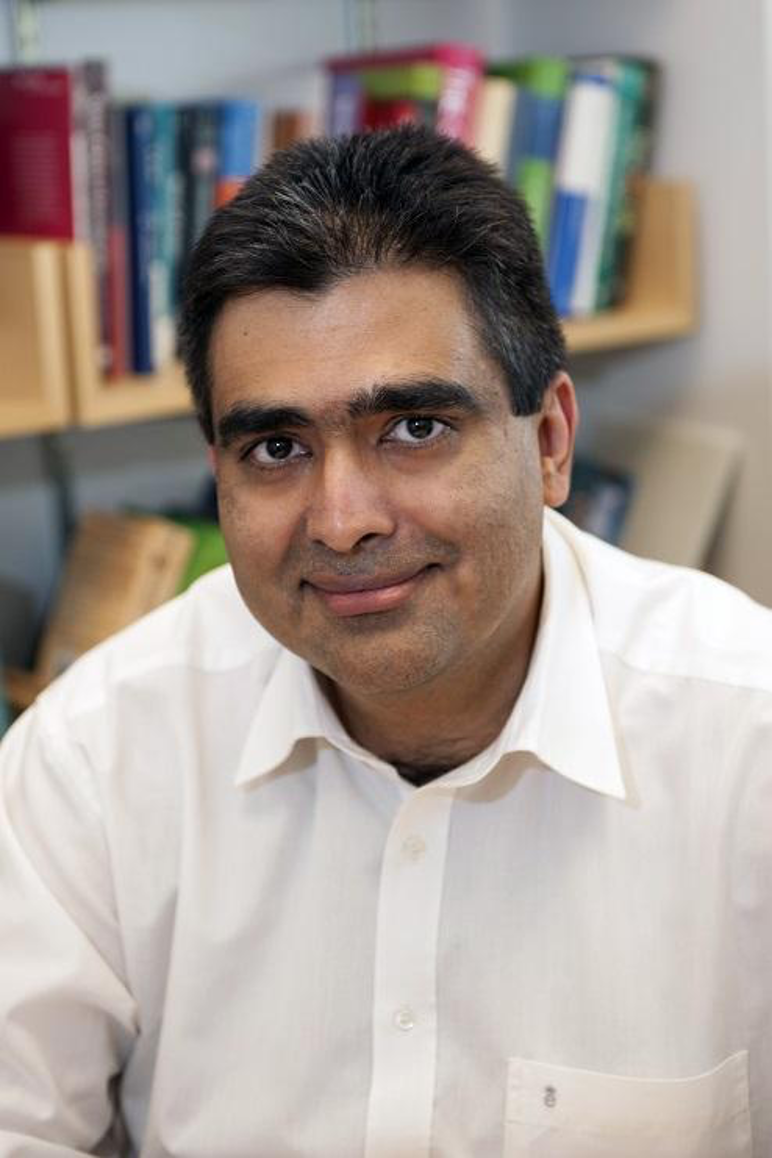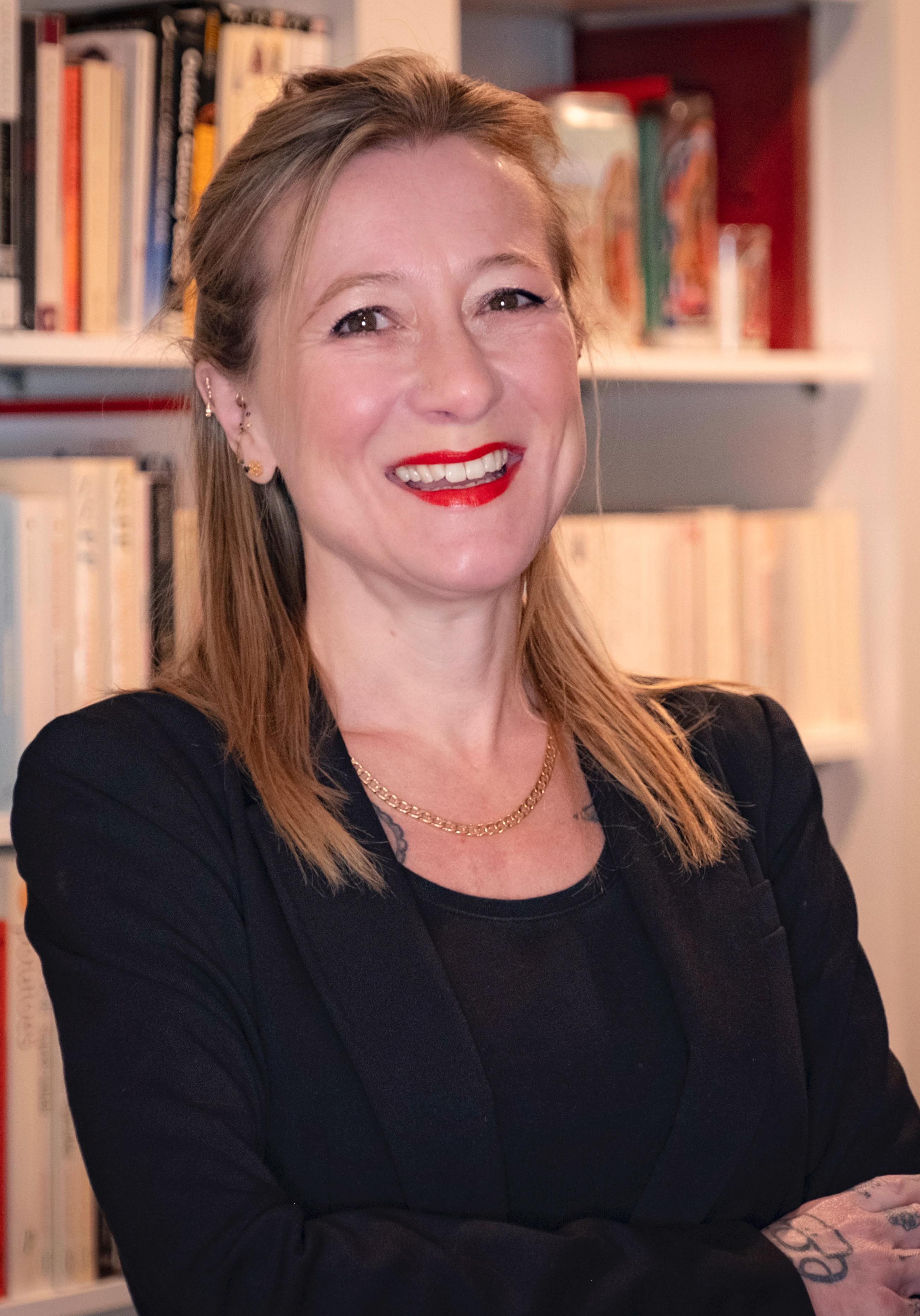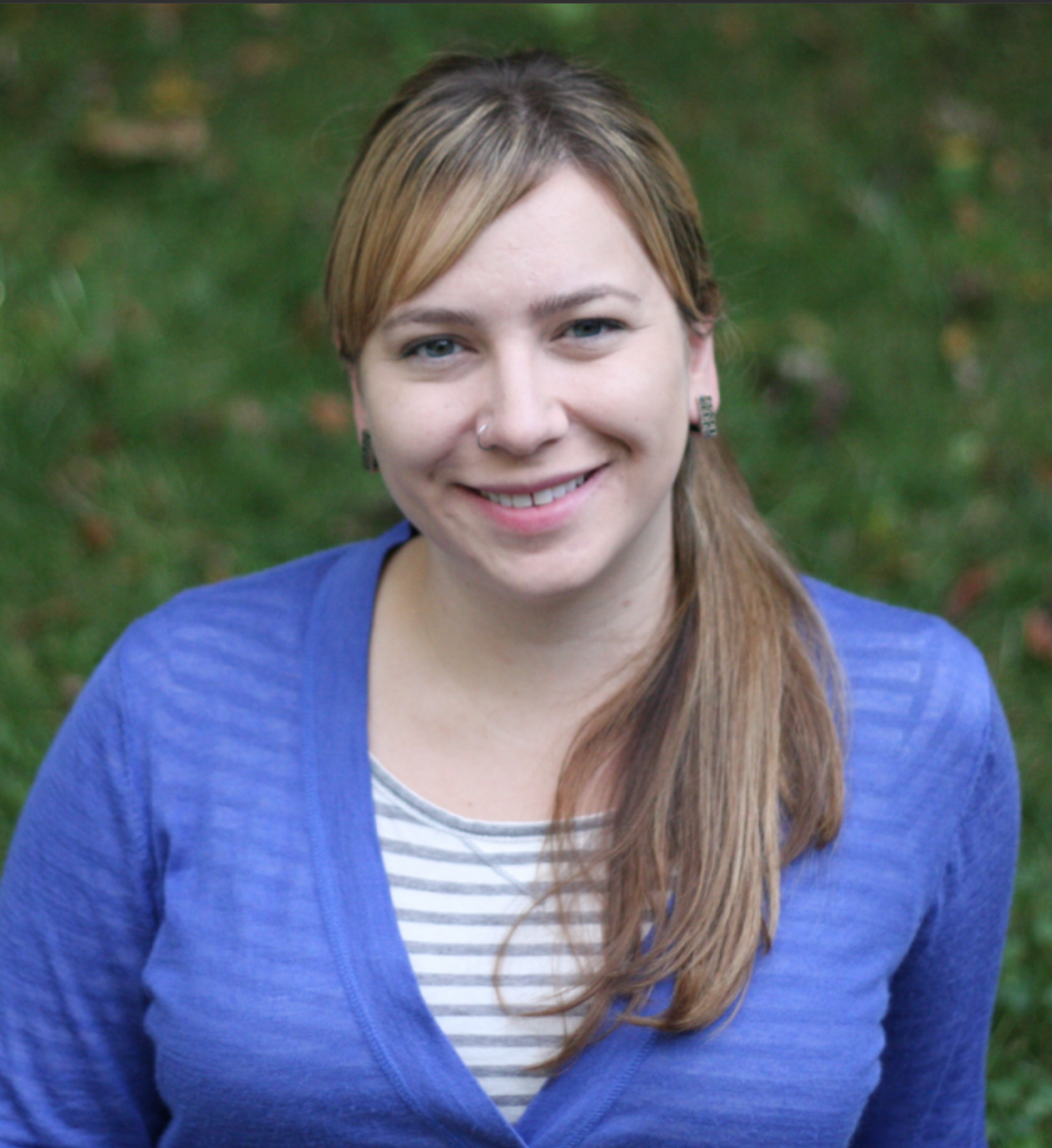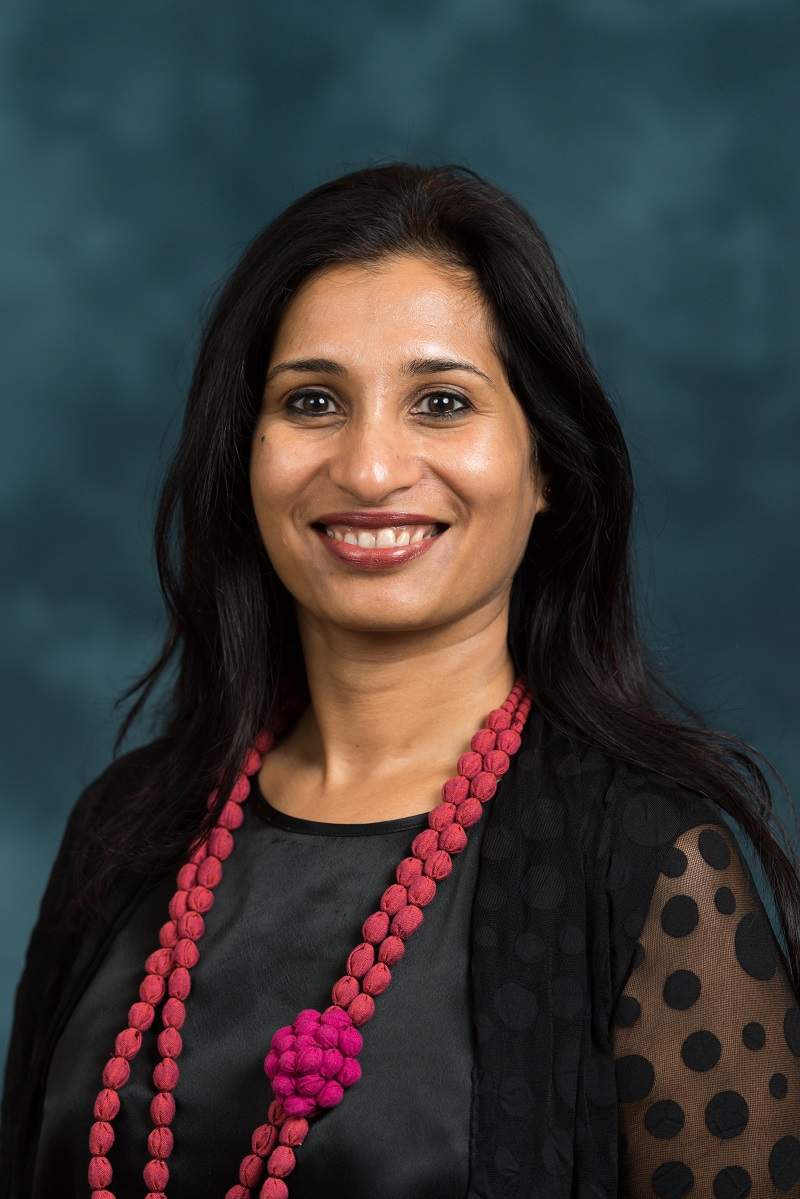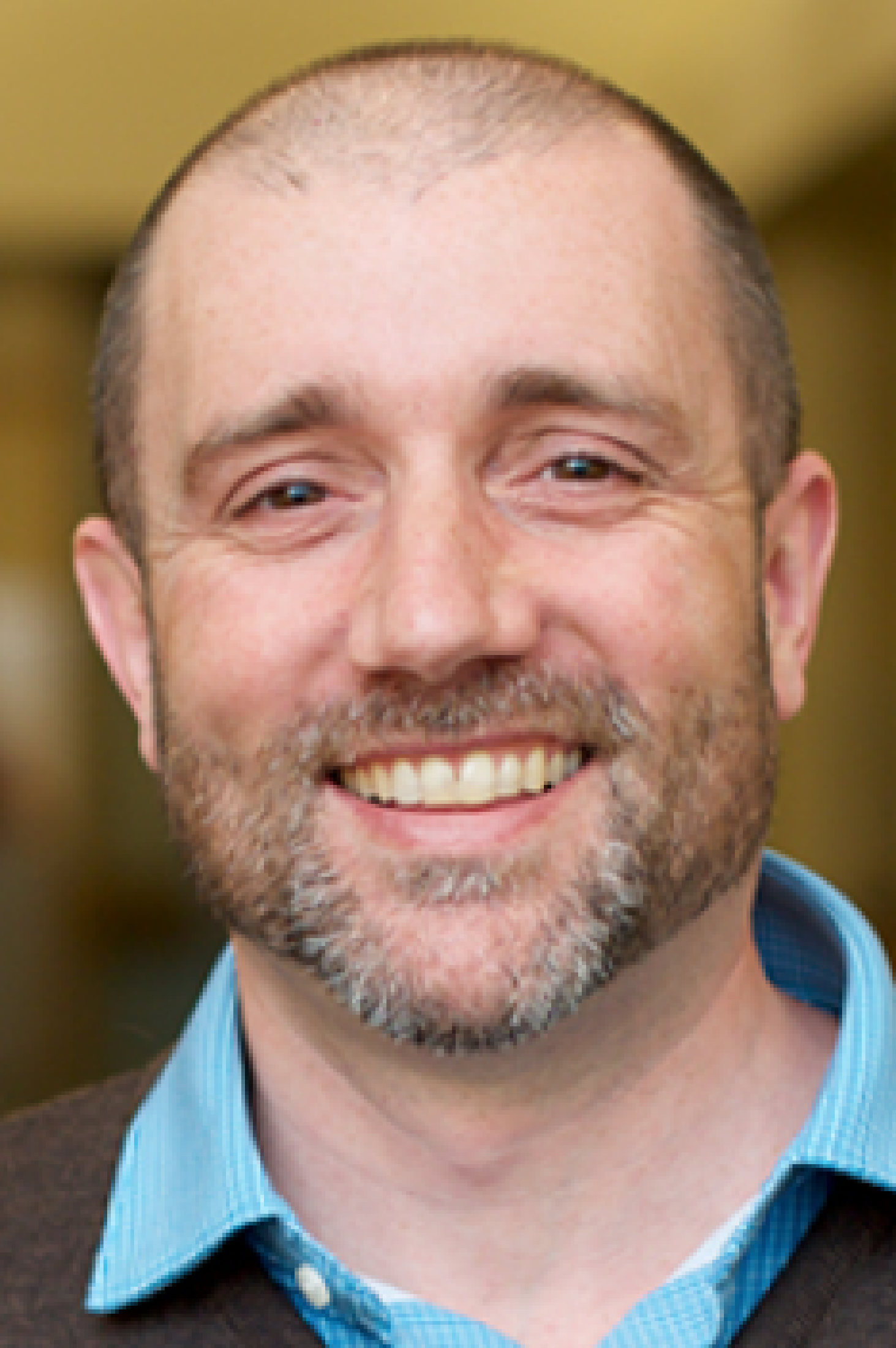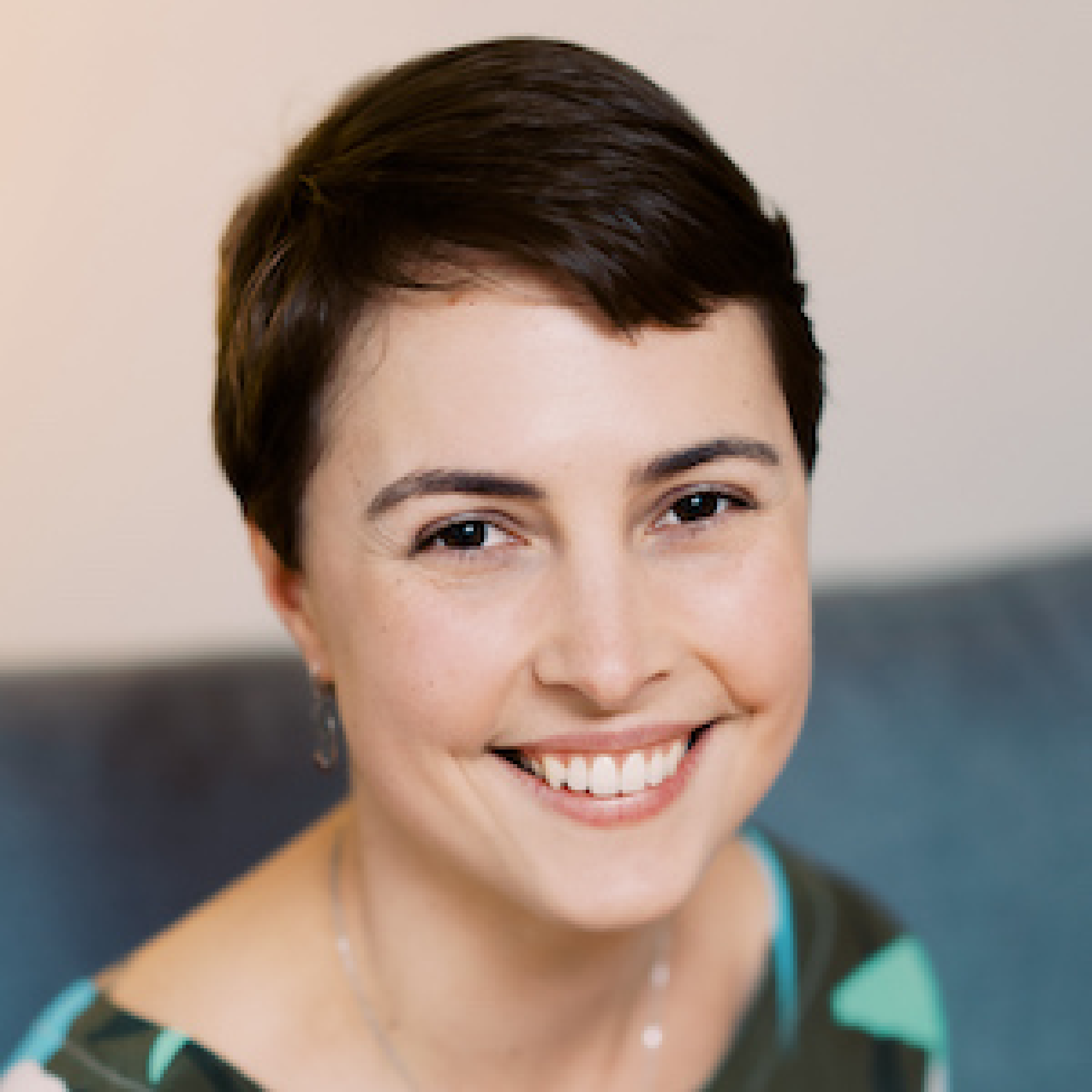Bioconductor conference, July 27-29, 2022
Where Software and Biology Connect
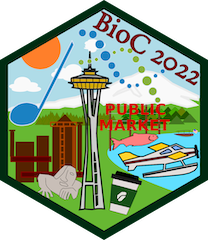
Bioconductor conference, July 27-29, 2022
Current developments within and beyond the Bioconductor project

Bioconductor conference, July 27-29, 2022
Workshops, keynote presentations, and more

BioC2022 was organized as a hybrid event. This included in-person gathering in Seattle (Seattle Children’s Hospital Cure Building, 1920 Terry Ave, Seattle, WA 98101) and online participation.
Seattle's conference hotels, restaurants, activities, transportation.
.
Mark your calendar |
Tweets by @Bioconductor |
|---|---|
|
Tweets by Bioconductor |

